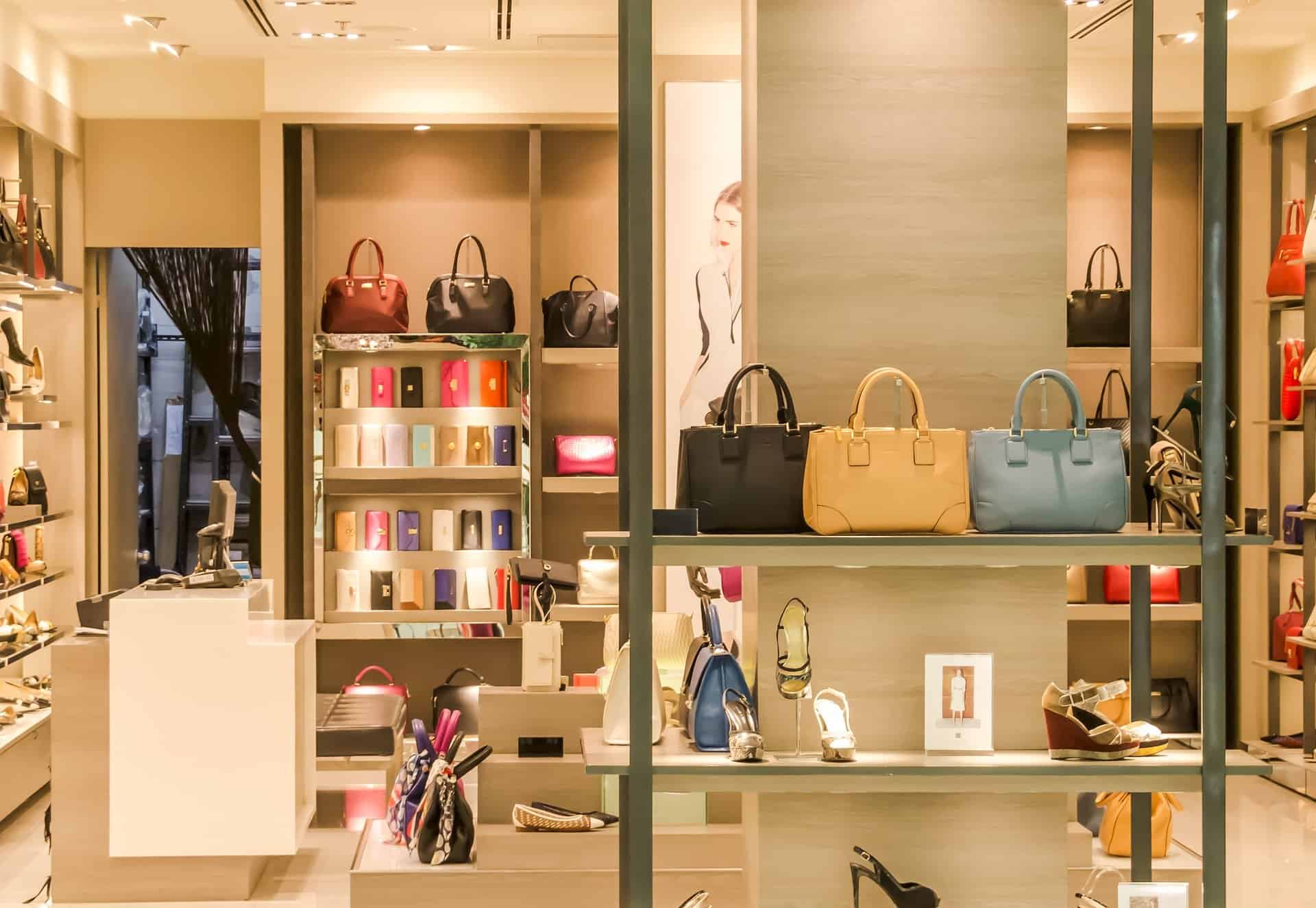As the world is moving toward sustainability and lower carbon emissions, luxury clothing companies are still burning their unsold products rather than recycling or disposing of them in other ways to maintain exclusivity.
Be it Burberry, Gucci, Louis Vuitton or Cartier, the fashion industry’s dark truth has survived as an age-old practice, and while some companies have been called out and have modified their rules, the majority remain the same.
There seems to be an innate unwillingness for unsold designer handbags, shoes, and dresses to be sold at discount stores, or worn by the less wealthy, the reasoning being that doing so would lessen the brand’s value.
Fashion’s footprint in carbon
Accounting for up to 8 percent of the global carbon footprint, high fashion is one of the most polluting industries on Earth.
Yes, its carbon footprint is more than all international flights and maritime shipping combined.
Yet, it is so obscured that it was not on the official agenda for the recent COP26 climate conference.
It’s a painful absence, given that fashion could consume more than a quarter of the total allowed carbon budget granted across all businesses to keep global warming below 2°C by 2050.
Moreover, it’s a legacy industry that has operated uncontrolled for generations, and it won’t undertake the drastic reforms required to reduce emissions on its own. The change will only come when laws call for it.
Legislation is a must
An increase in product returns linked to the rise of online sales has aggravated the situation.
Buyers throw away clothing after only a few wears, resulting in the landfilling or burning of a garbage truck’s worth of textiles every second, leading to even more harmful emissions.
Changing consumer behavior to recycle rather than destroy things that are no longer worn is the first step, but legislation to limit fashion’s footprint is also required.
Some countries, such as France, have begun to develop frameworks for the responsible management of unwanted clothing and other waste streams.
For example, in 2020, the country passed a law that prohibits burning or landfilling unsold fashion items, requiring companies to donate or recycle them.
The European Commission’s Sustainable Products Initiative aims to make products across the EU more durable and recyclable and address harmful chemicals in items like textiles.
Actions that can be taken
Burberry faced criticism in 2018 after accusations emerged that it was burning remaining stock, and the company immediately pledged not to destroy any unsold items.
The high-end retailer announced that it would stop burning bags and expand efforts to reuse, repair, give, or recycle unsold products. It further stated that real fur would no longer be used.
According to global consultancy Interbrand, these initiatives helped Burberry’s brand value rise in 2019.
Burberry is now focusing on sustainability, due to the fact that more buyers — particularly the younger ones — are concerned about the environment.
Fortunately, fashion companies have a lot of techniques to ensure that they don’t have too much leftover stock and that any extra supply is responsibly disposed of.
Controlling inventory is the first step in avoiding a surplus. According to McKinsey & Company, 40 percent of all clothing manufactured is discounted or disposed of in some form.
Companies like Gucci’s parent Kering SA are already investing in artificial intelligence to better estimate how many gowns or handbags they will be able to sell.
Leftover items can subsequently be sold at a discount at a brand’s store, sold privately to staff, or donated to charity and fashion schools.
Earlier this year, Coach introduced a program called Reloved for goods it couldn’t sell or donate, where broken items might be reconditioned and sold again.







